More Student Teachers to Take Enterprise Mindset into Scottish Schools

More Student Teachers to Take Enterprise Mindset into Scottish Schools
This academic year, Young Enterprise (YE) Scotland has introduced more than 800 student teachers to enterprise education as part of a programme delivered by Scotland’s Enterprising Schools (SES) and Scotland’s Financial Schools (SFS) to educate the educators.
In response to the Scottish Government’s 10-year National Strategy for Economic Transformation (NSET), which makes enterprise education integral to Scotland’s future economic success, YE Scotland has targeted student teachers who will take the importance of entrepreneurial thinking and the principles of ‘learning by doing’ into the classroom.
Working with five different universities across the country, in the past year, YE Scotland has equipped 640 student primary teachers and 190 student secondary school teachers with the knowledge and understanding of the role enterprise education plays.
All have been introduced to the benefits of entrepreneurial skills, where and how enterprise teaching links with the curriculum, and its impact on pupil inclusivity and confidence. The student teachers also participated in a practical learning experience corresponding to the programmes that YE Scotland delivers in schools to build communication skills, teamwork and financial awareness.
Of the 830 taking part in the sessions this year, 670 will be in schools in August as newly qualified teachers.
Julie Degnan, Project Manager for Scotland’s Enterprising Schools, which is delivered by YE Scotland, said:
“We have a long-standing arrangement to work with student teachers moving into business studies within secondary schools, but since the Government announced its economic strategy there has been a collective understanding that to embed an entrepreneurial mindset we must deliver enterprise education at all ages and all skill levels.
“Working in partnership with the universities we have made huge strides towards addressing this by running our courses for student primary teachers and expanding the opportunity for students in other teaching subjects to take part. The response has been fantastic. All student teachers are open to being creative and learning how to bring immersive learning experiences into the classroom. Discussions are already in place for how to expand the programme in the next academic year.”
Jackie Marshall is a Teaching Fellow for Primary Education with the University of Strathclyde. In her role as leader of Numeracy and Mathematics, for both undergraduate and PGDE primary education programmes, Jackie has worked closely with SES and YE Scotland to build more enterprise education into the coursework and in the past year has put approximately 500 students through the enterprise learning sessions. She said:
“Working in collaboration with SES and YE Scotland to design and deliver bespoke sessions has helped student teachers to build positive beliefs and can-do attitudes towards teaching enterprise education. The student teachers enjoyed the sessions and shared that they felt an increase in confidence with the idea of leading enterprise in classrooms and schools. These sessions gave the student teachers further opportunities to experience and reflect upon effective teaching and learning approaches, whilst highlighting a range of free high-quality resources which are accessible to them.
“All in all, this made the theme of enterprise education accessible and exciting! The sessions focused on enterprise with clear links to Developing Young Workforce and Learning for Sustainability, which are major educational themes. I would definitely be interested in working with SES and Young Enterprise again to provide more of these sessions in the future. Thank you!”
The universities working with SES are Strathclyde University, University of the West of Scotland, University of the Highlands and Islands, University of Glasgow and Dundee University. SES and YE Scotland also run CPD courses and reached more than 350 existing teachers in the last academic year.


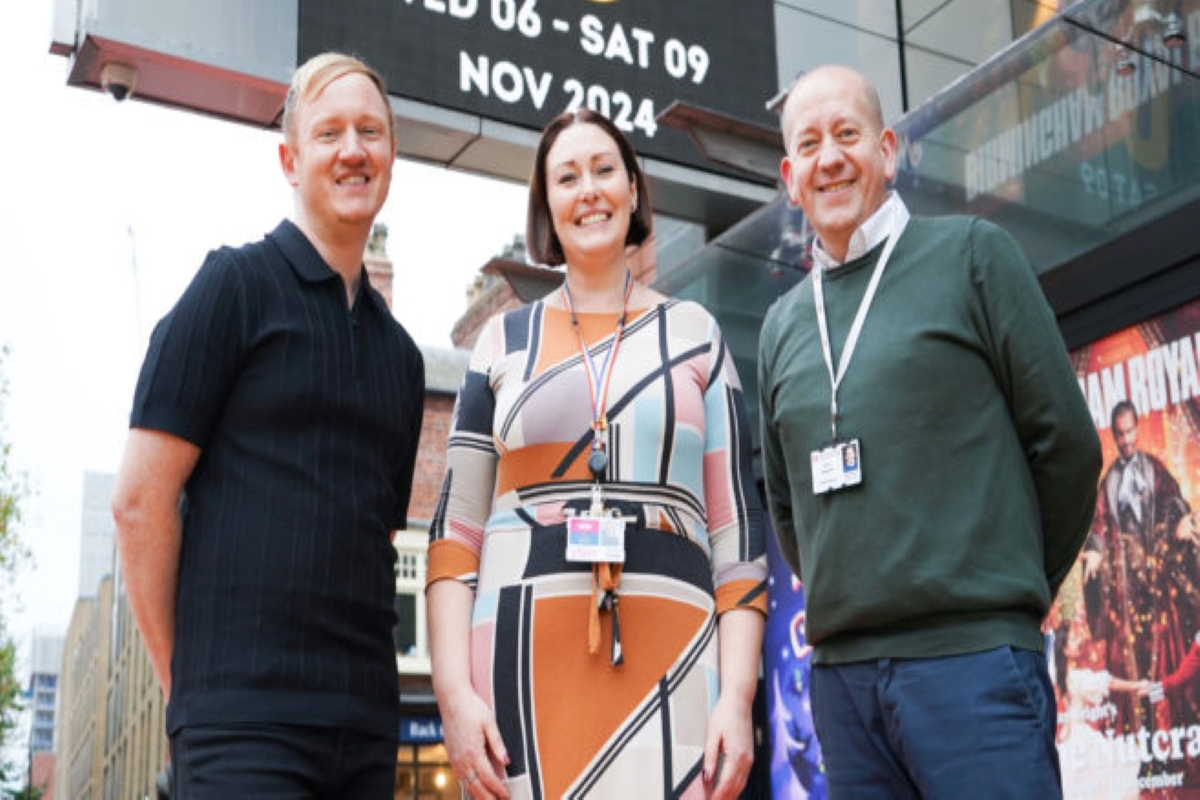
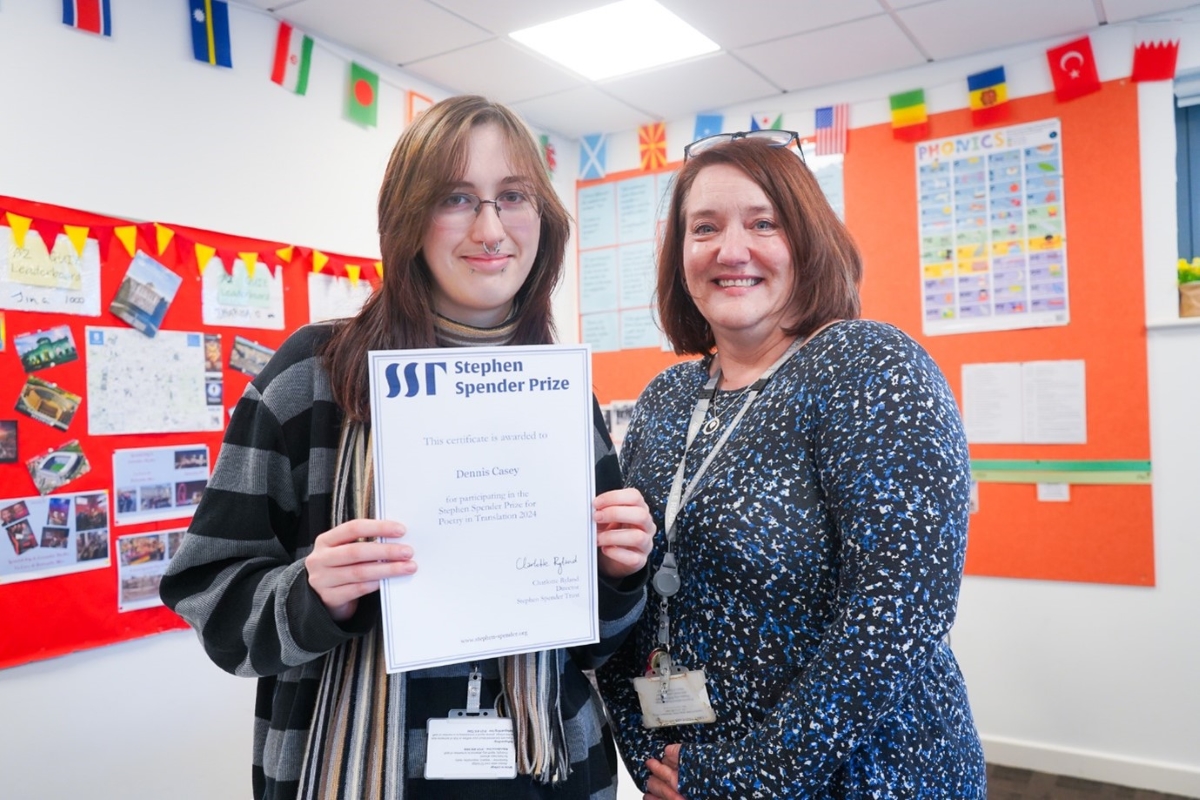

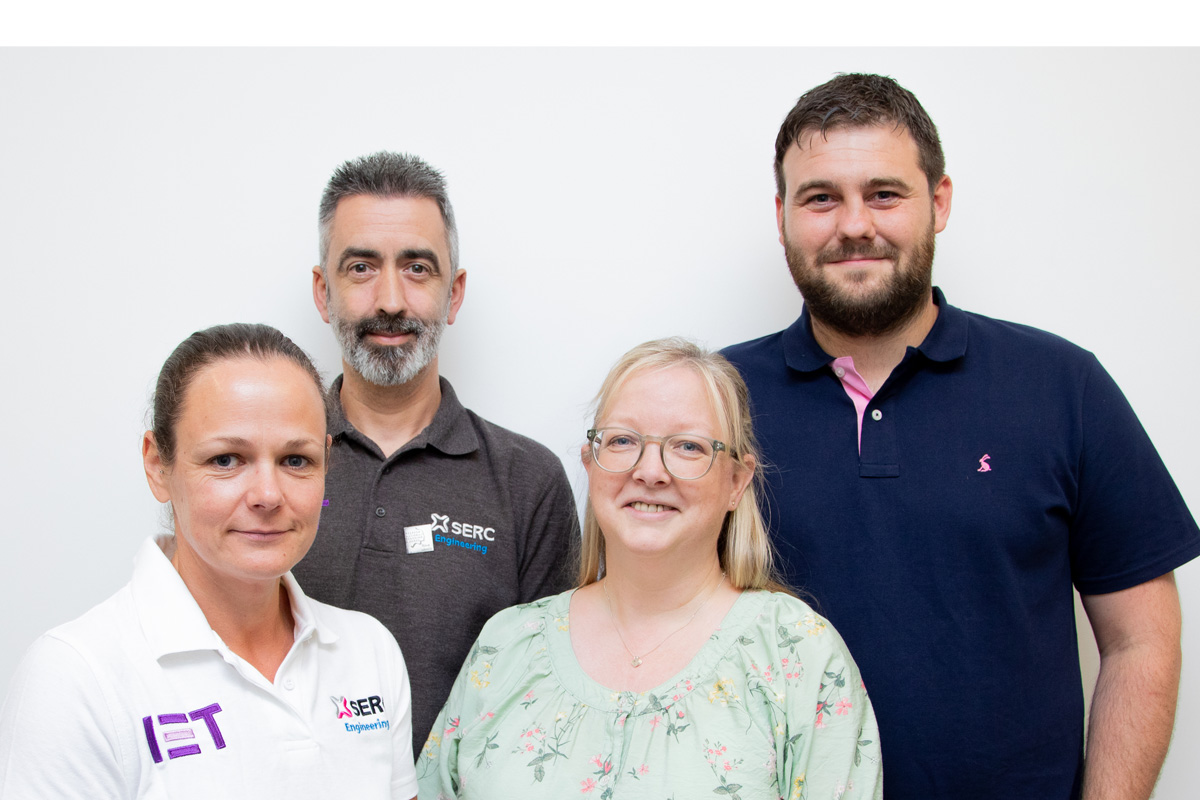
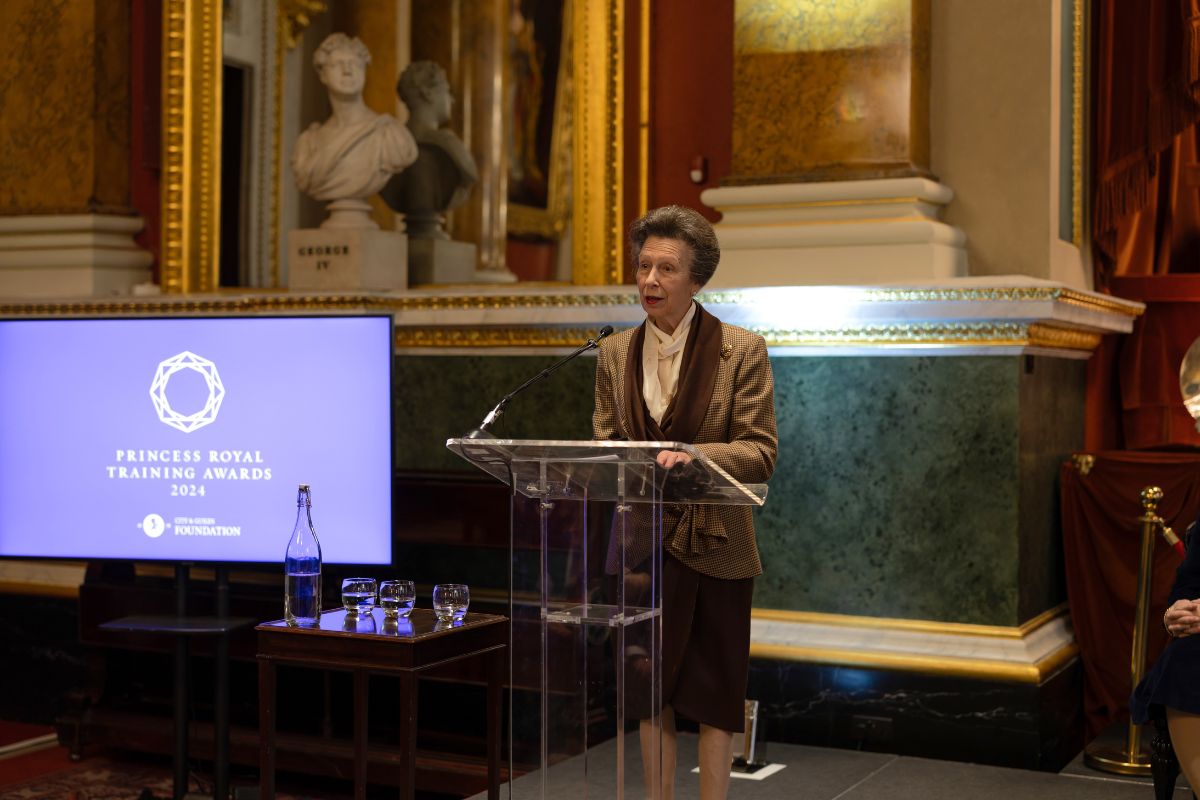
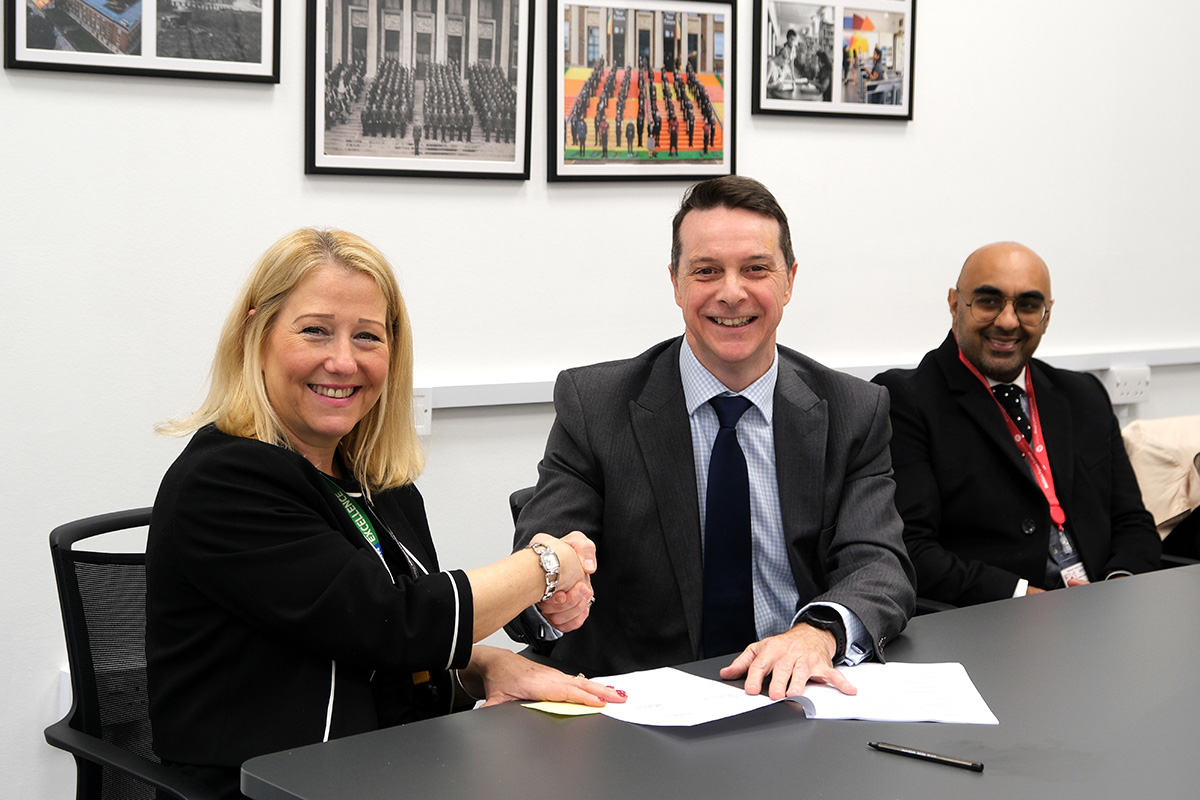
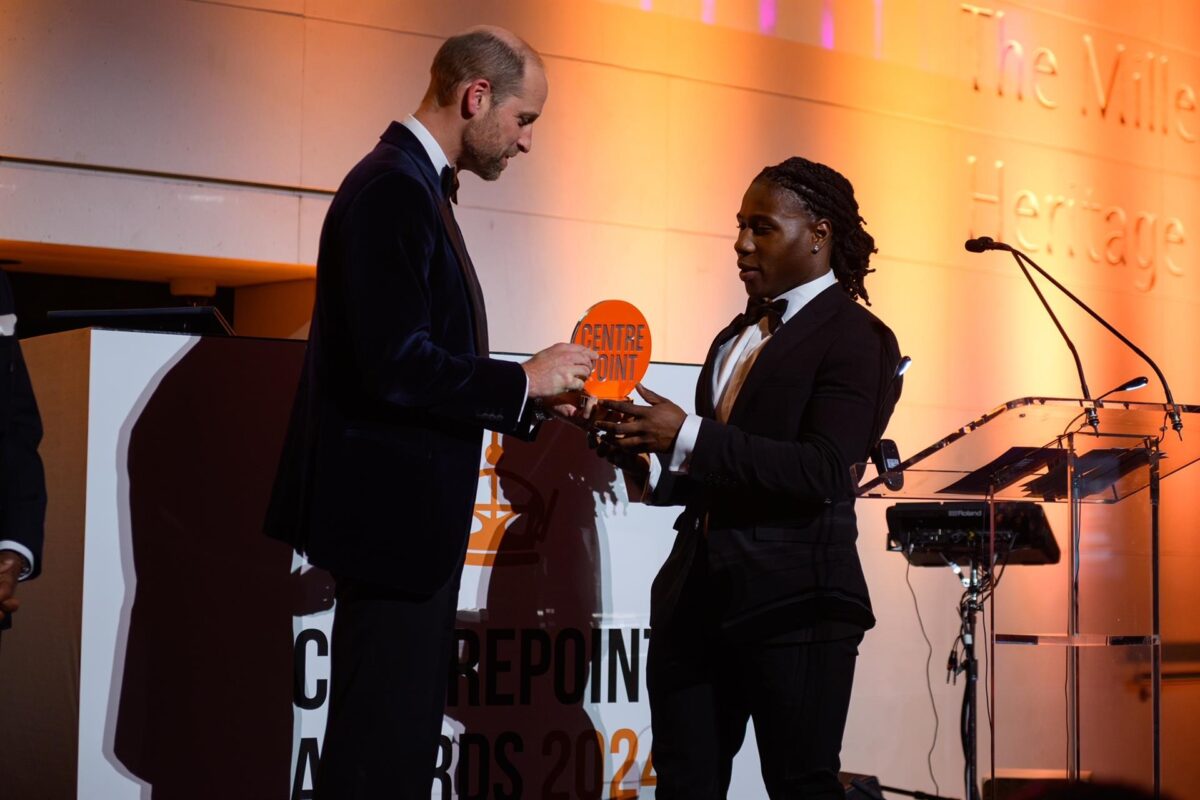


Responses